Recently, we began receiving phone calls from potential clients inquiring whether a condo association is permitted to levy special assessments against some, but not all, of the unit owners in the condominium after the condominium incurred some type of casualty loss such as water or mold damage, hurricane damage, and even fire damage. While the analysis can sometimes be complicated, the simple answer is association cannot levy special assessments against selected unit owners unless a special unit owner intentionally, or was negligent in causing the damage. In addition, without evidence of intent or negligence, the association should not be levying a special assessment in situations where the association incurred damage in portions of the condominium that they are required by law to carry insurance for.
The Condo Association is Required to Carry Insurance for the Condominium Building as Originally Installed
Florida Statute section 718.111(11)(f) requires that the condo association maintain insurance on “all portions of the condominium property as originally installed” or as replaced in accordance with the original plans and specifications. Meanwhile, the statute is also required to exclude from coverage all of the following: “all personal property within the unit including the paint or wallpaper covering of any wall or ceiling, the carpet or tile floor coverings, electrical fixtures, appliances, water heaters, water filters, built-in cabinets and countertops, and window treatments. The obligation to insure any of those items are the responsibility of the unit owner. This is true regardless of what the association’s declaration or rules may state to the contrary.
The Condo Association is Responsible to Pay for the Reconstruction of Any Portion of the Condominium it is Required to Carry Insurance On
Although this issue is commonly misunderstood by condo associations, the condo association is obligated to pay for the reconstruction of any portion of the damaged condominium property that it is required to carry insurance on. This means that even if the condominium’s insurance company does not pay the association in full, or at all, for the damage, the association is required to pay for the damage. Prospective clients often reach out to us and report that their associations inform them that because the association’s insurance company failed to pay enough money to repair all of the damage, that, consequently, the unit owner is “on their own” to make the repairs to the common elements within their units. This position taken by the association is improper. Regardless of whether there is enough (or any) insurance to cover the damaged common elements that the association is required to insure, the association remains responsible to pay for such restoration. In cases of water or mold damage, this usually includes the removal of the drywall and ceilings, conducting mold remediation according to industry standards, and replacement of the drywall and ceilings.
Insurance Shortages Must be Assessed as a Common Expense and Not Solely Against the Affected Unit Owners
Where there is insufficient insurance money to cover the damage that is required to be insured for by the association, it is improper for the association to assess those repairs only against the affected unit owners. We typically see this occur in two scenarios: (1) the association refuses to make or pay for the required repairs and by default, tries to leave the repair in the hands of the unit owner who incurred the damage; or (2) the association levies a special assessment against some, but not all, of the unit owners in the condominium. Florida Statute section 718.111(11)(j) requires that any damage that the association is required to carry insurance coverage for, must be apportioned among all of the unit owners of the condominium and not just against the affected unit owners or just a single building (when there are multiple buildings as part of the condominium).
Exceptions
The only time the Association can levy a special assessment or force the unit owner to be directly responsible for the damaged common elements, is when the damage is result of the unit owner’s (including their guests and tenants) intentional conduct, negligence or the failure to comply with the terms of the declaration of the condominium or the rules passed by the association.
Send Written Notice
If you have unrepaired water, mold or fire damage to the walls or ceilings in your unit, the best way to begin protecting your rights under Florida law is to ensure you provide written notice to the condominium association and make sure you can prove that the letter was received. Do not rely on verbal communications with the board members or the property management company (where applicable). Send out your written letter as early as possible and be as descriptive as possible as to what repairs you are demanding. For situations involving water damage, make sure you also demand that the association conduct any necessary mold remediation.
Contact Us if you Believe your Association has Failed to Make Repairs That It Is Required to Make Under the Law
Of course, with every situation, there may be exceptions and differing facts which require the analysis of an attorney. The Mold Lawyers offer a FREE consultation to discuss the unique facts of your claim with our experienced attorneys. For more information, call us at (954) 241-2260, send an e-mail to info@themold.lawyer.
The Mold Lawyers are toxic black mold attorneys who are proud to represent individuals and families throughout South Florida who are suffering damages from water damage and mold exposure, musty smells and other types of indoor air quality issues. We represent clients in the following cities of Fort Lauderdale, Pompano Beach, Coral Springs, Davie, Plantation, Weston, Miramar, Sunrise, Coconut Creek, Dania Beach, Lauderhill, Margate, Parkland, Deerfield Beach, Oakland Park, Hallandale, Pembroke Park, Pembroke Pines, Hollywood, Cooper City, Tamarac, Wilton Manors, Lauderdale Lakes, North Lauderdale, Lighthouse Point, Southwest Ranches, Hillsboro Beach, West Park and Pembroke Park.
We also represent clients in Miami-Dade County in the following cities: Miami, Miami Beach, Hialeah, Homestead, Coral Gables, Doral, North Miami, Aventura, North Miami Beach, Aventura, North Miami Beach, South Miami, Miami Gardens, Key Biscayne, Sunny Isles Beach, Pinecrest, Miami Lakes, Opa Locka, Cutler Bay, Sweetwater, Palmetto Bay, Miami Springs, Miami Shores, Florida City, Surfside, Bay Harbor Islands, North Bay Village.
In Palm Beach County, we represent clients from South Bay, Golf, Manalapan, Briny Breezes, Greenacres, Magnolia Park, Hypoluxo, Highland Beach, Lark Clarke Shores, Belle Glade, Pahokee, Glen Ridge, Tequesta, Atlantis, Loxahatchee Groves, Palm Beach Shores, Haverhill, Gulf Stream, South Palm Beach, Cloud Lake, Juno Beach, Palm Springs, North Palm Beach, Wellington, Lake Park, Lantana, Palm Beach Gardens, Jupiter, Riviera Beach, Boynton Beach, Jupiter Inlet, Ocean Ridge, Palm Beach, Royal Palm Beach, Boca Raton, West Palm Beach, Lake Worth, and Delray Beach.
We are now accepting cases throughout the State of Florida in cities such as Jupiter, Tampa / St. Petersburg, Clearwater, Orlando, Sarasota, and Naples / Ft. Myers areas.

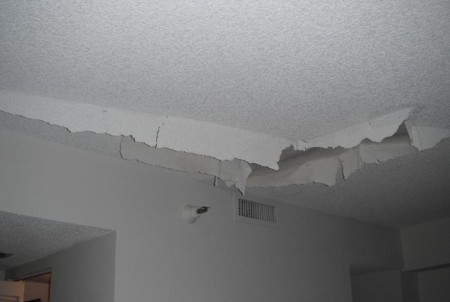
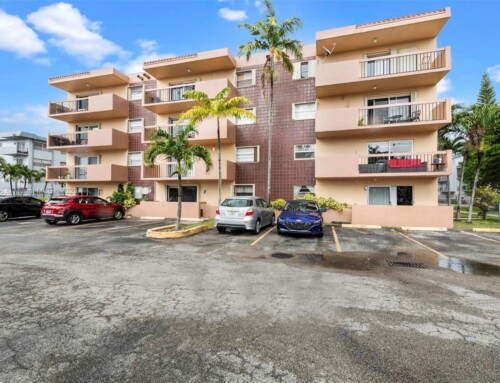
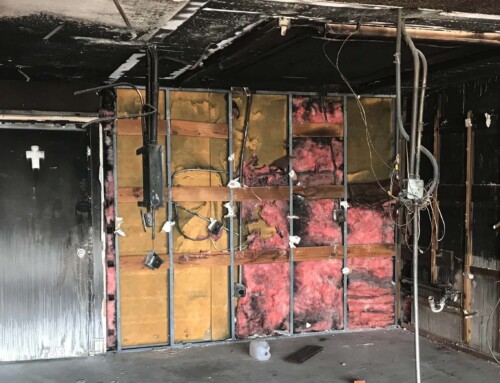
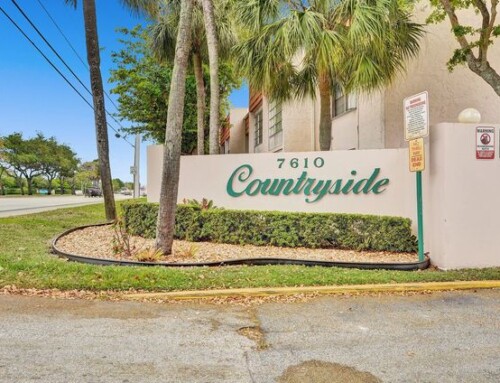
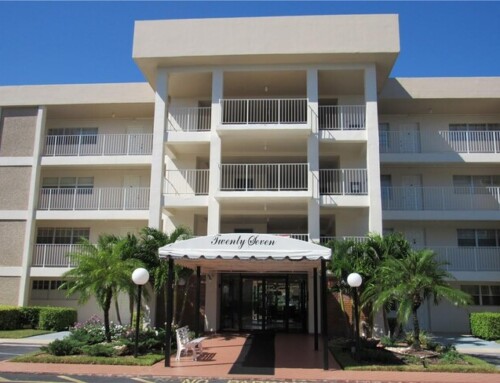
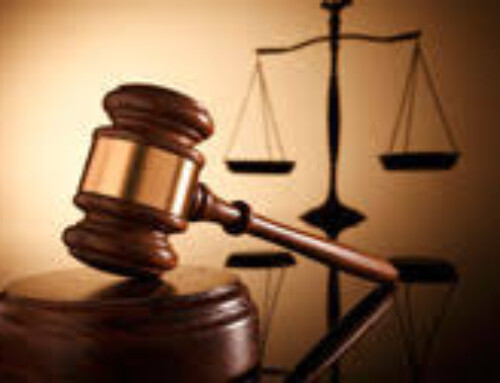
Leave A Comment